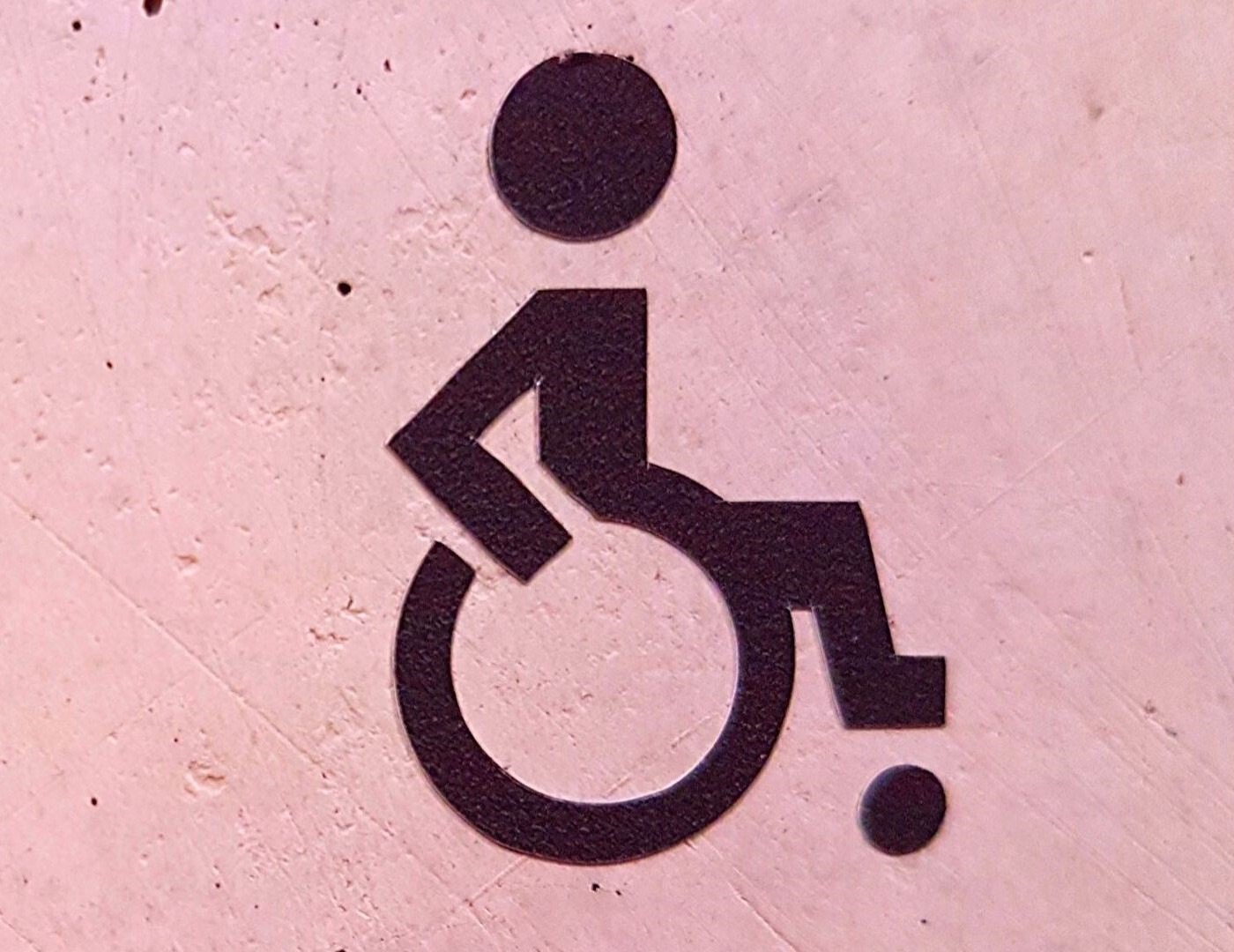Sex and disability: it’s not one-size-fits-all
Sexual Health Week, over the years, has focused on different areas of the nation’s sexual health; from consent to STIs, from ageing to orgasms, it’s covered a huge spectrum of topics. For up to a fifth of the country’s population, though, this year’s theme will be particularly welcome: sex and disability.
Disability, just like sex, is not one-size-fits-all. If you think back to the sex education you received, who was involved? For me, I have a very vivid image of sitting in my year 6 classroom watching a video of two naked cartoons chasing each other round the bedroom with feathers. Ignoring the creepiness of that video, it’s a very limited portrayal of the people who are having sex, and how they are having sex. When your body doesn’t look like that, or function like that, there’s an implicit message that there is no expectation that you’ll ever be doing that. News flash: disabled people have sex, disabled people masturbate, and disabled people deserve to have education and resources that represent their experience. The bodies having sex are not all cookie-cutter standard. They are short and tall; with and without medical devices, tubes or bags extending from their abdomens or chests; with all four limbs and without; able to stand, sit, or neither. So why are our sex education tools pretending otherwise?
We shouldn’t be policing which consenting adult gets to have sex, who gets to have autonomy over this most intimate aspect of their existence
It’s not just representation in sex education tools; it seems disability and sexuality are two incompatible concepts in wider society. As the disability charity Enhance the UK points out, sex is an important part of everyone’s lives. Society’s projections on what disabled people should want might not match up with the realities of what those people want, but that is not a reason for resources simply not to exist. This is particularly the case for those with learning disabilities; society so frequently infantilises them that the thought that they would want to have sex with someone else makes people think they could only be being taken advantage of.
Think of The Undateables; there’s a tone of wholesomeness to it, and audiences watch grown adults developing feelings for one another in much the way they would look upon a child’s playground crush. There’s no acknowledgement that these are adults with bodily autonomy who have the same sexual feelings as those without their disability. We shouldn’t be policing which consenting adult gets to have sex, who gets to have autonomy over this most intimate aspect of their existence. Not providing them, or the people who support them, with appropriate resources in discussing sex education is doing them a disservice and denying them a perfectly natural human interaction. This year’s Sexual Health Week’s campaign includes crucial resources for professionals to address the shortcomings of standard sex education.
Disabled people deserve to feel wanted, desirable and accepted in the exactly same way as abled people
Representation is one issue this year’s campaign aims to address; (in)accessibility is an issue to which few disabled people is a stranger, and it’s a herculean barrier in the sexual health of disabled people. Not only in terms of education (which is why the campaign is introducing tools and resources in alternative formats, including British Sign Language videos), but in physically accessing health services. Lack of essential equipment like hoists at GP surgeries means that the health of disabled people is being actively risked; women are going for decades without a smear test because they’re unable to get onto the examination table. In partnership with the at-home STI testing service Fettle, this year’s SHW is providing free STI testing kits to disabled people.
It’s very easy to look at this campaign and think – well, why should I care? Everyone should care. We can all stick our heads in the sand and pretend that disability is something that affects others and not us, but the reality is that disability is indiscriminate. You may become disabled; you may fall in love (or simply want to have sex) with someone with a disability. Sex and relationships can be hugely daunting at the best of times. Having resources at your disposal and having bodies like yours represented in both formal sex education and portrayals of healthy sexual relationships through the media can help mitigate the anxiety of a fledgling relationship. Disabled people deserve to feel wanted, desirable and accepted in the exactly same way as abled people; they are no less wanting or deserving of sexual satisfaction simply by virtue of the fact their body looks or works differently to what and how society expects.
Information and resources are available with the sexual health charity, Brook.

Comments